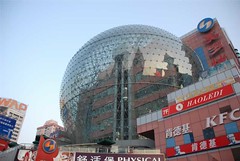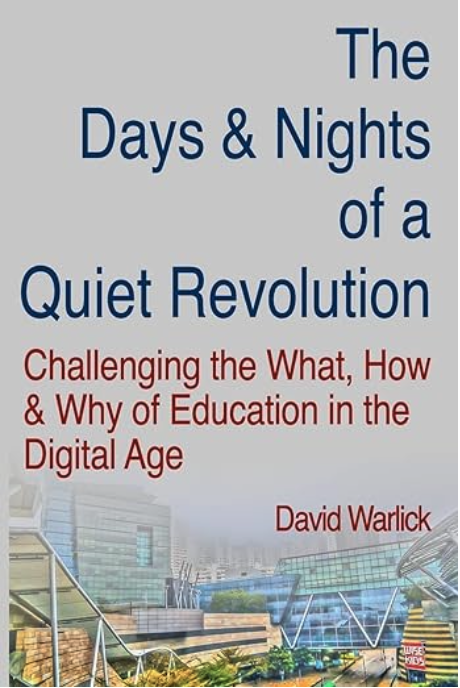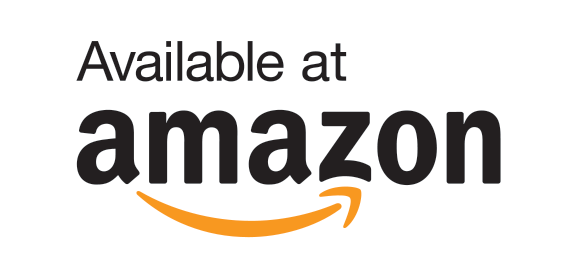 More than anything else, this week in Shanghai, working at the American School here, is going to be an adventure. The city, as much as I have seen in only a few hours, is a curious mix of the old and then new, with the new definitely exercising the upper hand.
More than anything else, this week in Shanghai, working at the American School here, is going to be an adventure. The city, as much as I have seen in only a few hours, is a curious mix of the old and then new, with the new definitely exercising the upper hand.
At the Shanghai American School, I will be conducting a number of workshops, selected by the staff here from my buffet menu. The school will also be holding a tech staff development day, SAS TechFest 2007, for which I will do a number of presentation on Web 2.0 and a keynote address on what all of this revolution in the world of information means to our definitions of literacy. So here are the sessions…
As little as we know about the future, for which we are preparing our children, it is clear that it will be a place that is governed by information. Accessing, processing, building with, and communicating that information will be a major part of our daily professional and personal work.
Being literate in this future will certainly involve the ability to read, write, and work with numbers. However, the concept of literacy in the 21st century will be far richer and more comprehensive than the 3 Rs of the one room school house. This enlightening and thought-provoking address will describe how our notions of literacy must expand to address a rapidly changing information landscape where information is networked, digital, and overwhelming.
Never before has the classroom become so much a part of the world around us. Small digital cameras have affected how we look at war, love, family and friends, poverty, wealth, culture, and nature. People record their environment, share this images with each other and the world, and become archivers of their own experience. This workshop exposes teachers to many techniques for using these amazing technologies to capture the world in sight and sound and bring it into your classroom for exploration, manipulation, and interpretation.
In recent years, educators have begun to take a serious look at video games and the video game generation and to reconsider the role of technology, fun, and serious video gaming within the context of formal education. This presentation will provide an overview of various video game genres, some of the latest writings on video games in education, and some spin-off activities that will literally amaze you.
It is a sign of our times that such an awkward term as “blogging†should integrate itself so quickly and so powerfully into our culture.This session will acquaint educators with the concept of weblogs (blogs), ways that they are affecting many aspects of our culture, and strategies for using weblogs to promote better teaching and learning. Participants will also learn how to provide a safe and secure blogging experience for students.
Podcasting is a rapidly growing practices where individuals, using free and inexpensive hardware and software, produce audio (and video) programs that are broadcast (podcast) to a global audience through the world wide web. Learn how teachers and administrators are using podcasting to promote learning and community involvement and how students are producing their own podcasts to share their knowledge.This presentation is highly interactive, and part of its process will be the production of a podcast program, with involvement from the audience. Great fun!

